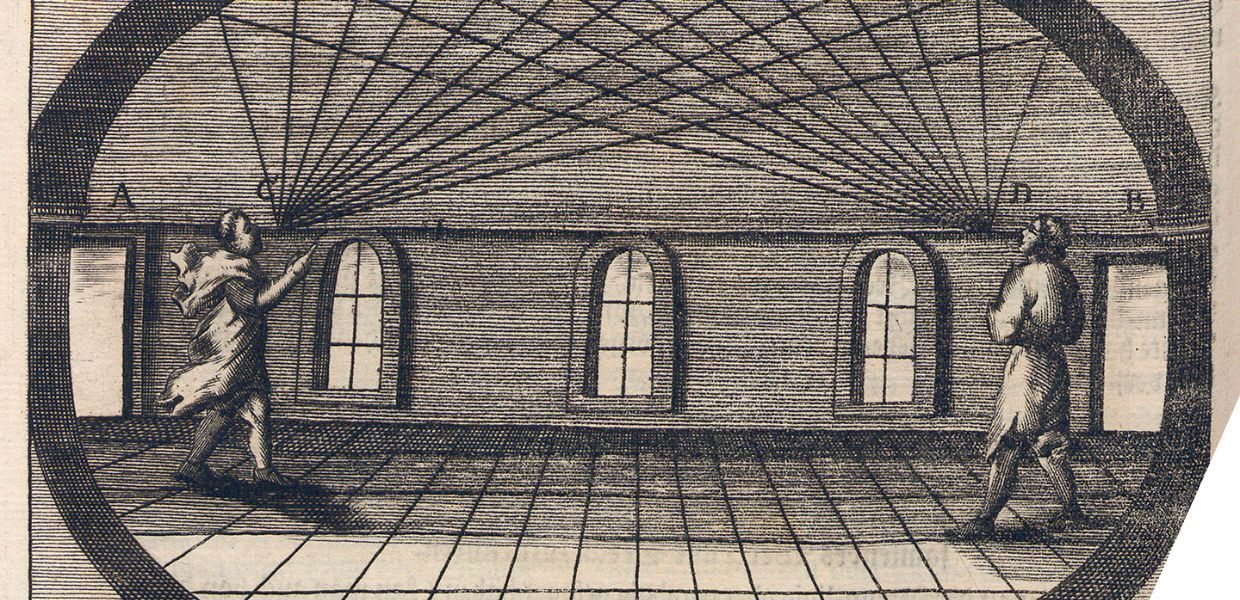The recovery of the cultural heritage sector after the most restrictive phase of the COVID-19 pandemic has been analysed from many different angles, such as innovation in libraries or digital delivery in museums during the pandemic. The eCHOIng project, however, has taken an unconventional approach by seeking to identify how open innovation can help in the process of post-pandemic recovery.
The term ‘open innovation’ refers to a situation where an organisation doesn’t just rely on internal knowledge, sources and resources (such as its own staff or R&D) but also uses external sources (such as customer feedback, published patents, competitors, external agencies, the public) to drive innovation. In the cultural heritage sector, it means initiatives or activities where institutions co-create or co-develop project ideas in collaboration with citizens, students and institutions from other sectors or industries.
This may look like a paradox: after all, open innovation practices rely on the engagement and wider participation of citizens, and the pandemic restricted various forms of communication! However, exploring the activities of a sizable group of small cultural heritage organisations, eCHOIng identified that many are actively looking for ways to re-engage citizens and are keen to explore more opportunities for engagement and innovative services.
Bringing together cultural heritage institutions and higher education
The project found that despite many cultural heritage institutions looking to explore engagement, small institutions face the difficulty of relying on compact numbers of staff members. Collaboration with academia can therefore be vital to implement new projects. Besides co-creation of joint innovative projects, higher education institutions can support the upskilling of staff from the cultural heritage sector.
eCHOIng took a two-pronged approach to this topic by exploring working models of collaboration between academia and cultural institutions, and also answering some of the emerging educational gaps. Unsurprisingly, many higher education curricula have yet to offer up-to-date modules related to digital transformation. Such topics would also be in demand within the context of continuous professional development of professionals, especially from smaller cultural heritage organisations.
The training modules
To address this need, eCHOing has developed a number of training modules for students of higher education institutions, as well as staff from the cultural and creative sector and cultural organisations. The modules are designed to inspire and equip cultural heritage organisations with the tools and resources needed to effectively conceive, develop, and manage open innovation collaborations.
The project website provides a complete picture of the process followed, which resulted in the development of six training modules responding to needs within the current recovery process, from craft as an empowering tool to co-designing projects.
The Europeana Initiative’s Glossary of Terms and the Impact Playbook were very helpful while working on the modules’ content, both in terms of positioning concepts within the modules and as inspiration.
Lessons learned
The online modules were finalised through internal and external reviews, and run in four different university courses during the spring semester of 2023. They were embedded in four different courses where 120 students were trained.
Here are some of our reflections from the work on the modules:
In the current setting, we need training which follows an agile approach and allows us to identify and quickly develop content on emerging topics. Identifying these topics in the case of eCHOng involved a co-creation process where needs from the cultural heritage sectors were compared with topics within the helm of academic research.
Agile approaches with frequent revisions are needed for this type of content.
This approach possibly could lead to identifying microcredentials (qualifications) which can be offered to both students and professionals.
Delivery online requires more preparation than face to face – the biggest time investment is planning activities and exercises to monitor progress.
There are plenty of current developments of MOOCs, digital courses and continuous professional development. It would be beneficial to exchange more experiences and introduce quality standards for courses which require expedient preparation and frequent updates.
Share your thoughts!
You can share your thoughts on this work by providing feedback to the project team!



